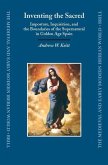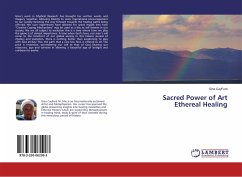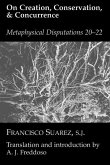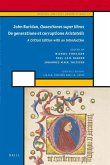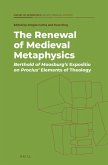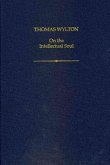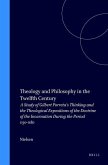"This volume offers an English translation of John of St. Thomas's Cursus theologicus I, question I, disputation 2. In this particular text, the Dominican master raises questions concerning the scientific status and nature of theology. At issue, here, are a number of factors: namely, Christianity's continual coming to terms with the 'Third Entry' of Aristotelian thought into Western Christian intellectual culture--specifically the Aristotelian notion of 'science' and sacra doctrina's satisfaction of those requirements--the Thomistic-commentary tradition, and the larger backdrop of the Iberian Peninsula's flourishing 'Second Scholasticism.' In this latter context, John of St. Thomas applies the theological principles of Thomas Aquinas to the Scholastic disputes preoccupying Thomist, Franciscan, and Jesuit theologians, such as Cajetan, Baänez, Luis de Molina, Vazquez, Suâarez--to name only a few--in a tour de force of theological thinking throughout the entire period of Scholasticism. In the process--and not insignificantly--the status quaestionis of theology's scientific character is clearly framed and answered according to John's satisfaction. Key to John of St. Thomas's resolution of the question is his understanding of the continuity of the power of human reason with the super-intelligibility of divine revelation spelled out in terms of what he calls 'virtual revelation.' This text presented in this volume is a quintessential example of the deep and abiding harmony that flourished between faith and reason as well as grace and nature within the golden era of Baroque Scholasticism"-- Provided by publisher.
Hinweis: Dieser Artikel kann nur an eine deutsche Lieferadresse ausgeliefert werden.
Hinweis: Dieser Artikel kann nur an eine deutsche Lieferadresse ausgeliefert werden.

![John of St. Thomas [Poinsot] on Sacred Science - St Thomas, John Of John of St. Thomas [Poinsot] on Sacred Science - St Thomas, John Of](https://bilder.buecher.de/produkte/36/36284/36284057n.jpg)
